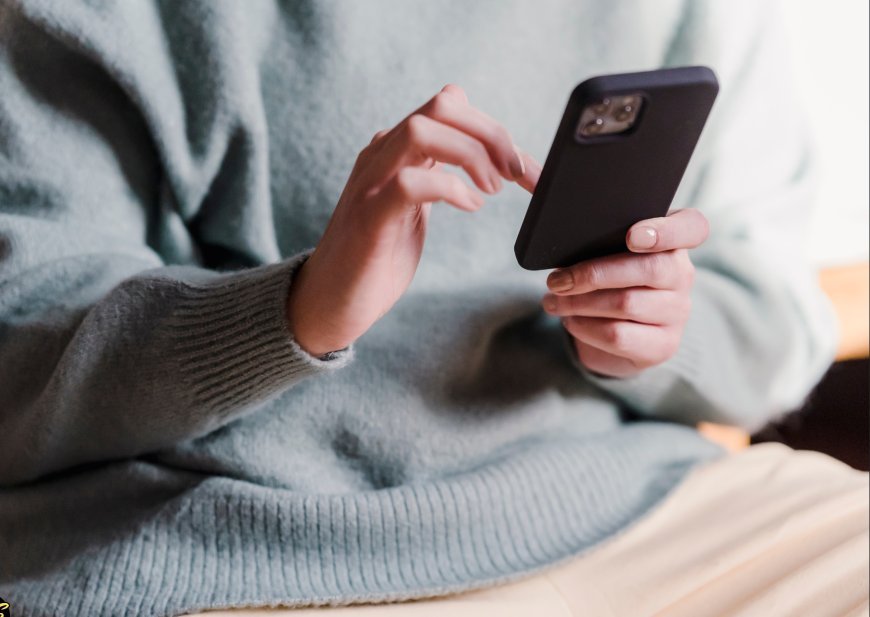Digital Detox: Why Taking a Break from Screens Improves Wellness
Learn why reducing screen time is essential for mental and physical wellness, plus practical strategies for a successful digital detox.

Our relationship with technology significantly impacts our mental and physical wellness. Here's why regular digital detoxes are essential for modern health and how to implement them effectively in your daily life.
The Impact of Excessive Screen Time
Constant notifications trigger stress responses, increasing cortisol levels and anxiety. Social media use is correlated with increased rates of depression, anxiety, and decreased life satisfaction. Information overload leads to decision fatigue and mental exhaustion.
Blue light from screens disrupts circadian rhythms and melatonin production, leading to poor sleep quality. 'Text neck' and digital eye strain cause real physical discomfort and long-term postural problems.
Frequent device switching and multitasking reduce attention span and ability to focus deeply on tasks. The average person checks their phone 96 times daily, fragmenting concentration and reducing productivity.
Benefits of Regular Digital Detox
Reduced blue light exposure, especially in the evening, helps regulate natural melatonin production. Better sleep quality leads to improved mood, cognitive function, and physical recovery.
Face-to-face interactions improve significantly when devices aren't competing for attention. Real conversations build stronger emotional connections and social bonds.
Boredom and quiet moments allow for creative thinking and innovative problem-solving. Without constant stimulation, your brain can process information and generate new ideas more effectively.
Practical Digital Detox Strategies
Start small with 1-hour device-free periods daily, gradually increasing duration as the practice becomes more comfortable. Create phone-free zones in bedrooms and dining areas to protect sleep and family time.
Avoid screens for the first hour after waking and the last hour before bed. Use analog alarm clocks instead of phones. Replace morning scrolling with reading, journaling, or gentle stretching.
Weekend Digital Sabbaths
Designate one day weekly (or even half a day) for minimal technology use. Plan engaging offline activities like hiking, cooking elaborate meals, reading physical books, or face-to-face socializing.
Use built-in app timers to monitor and limit screen time. Turn off all non-essential notifications to reduce interruptions. Practice the 20-20-20 rule: every 20 minutes, look at something 20 feet away for 20 seconds.
Replacement Activities for Screen Time
Physical activities like walking, stretching, or exercise. Creative pursuits such as drawing, writing, cooking, or crafts. Social activities including phone calls, in-person visits, or community involvement.
Remember that most online content isn't urgent or essential. Important information will reach you through other channels. Embrace boredom as an opportunity for creativity and self-reflection.
What's Your Reaction?
 Like
0
Like
0
 Dislike
0
Dislike
0
 Love
0
Love
0
 Funny
0
Funny
0
 Angry
0
Angry
0
 Sad
0
Sad
0
 Wow
0
Wow
0






























